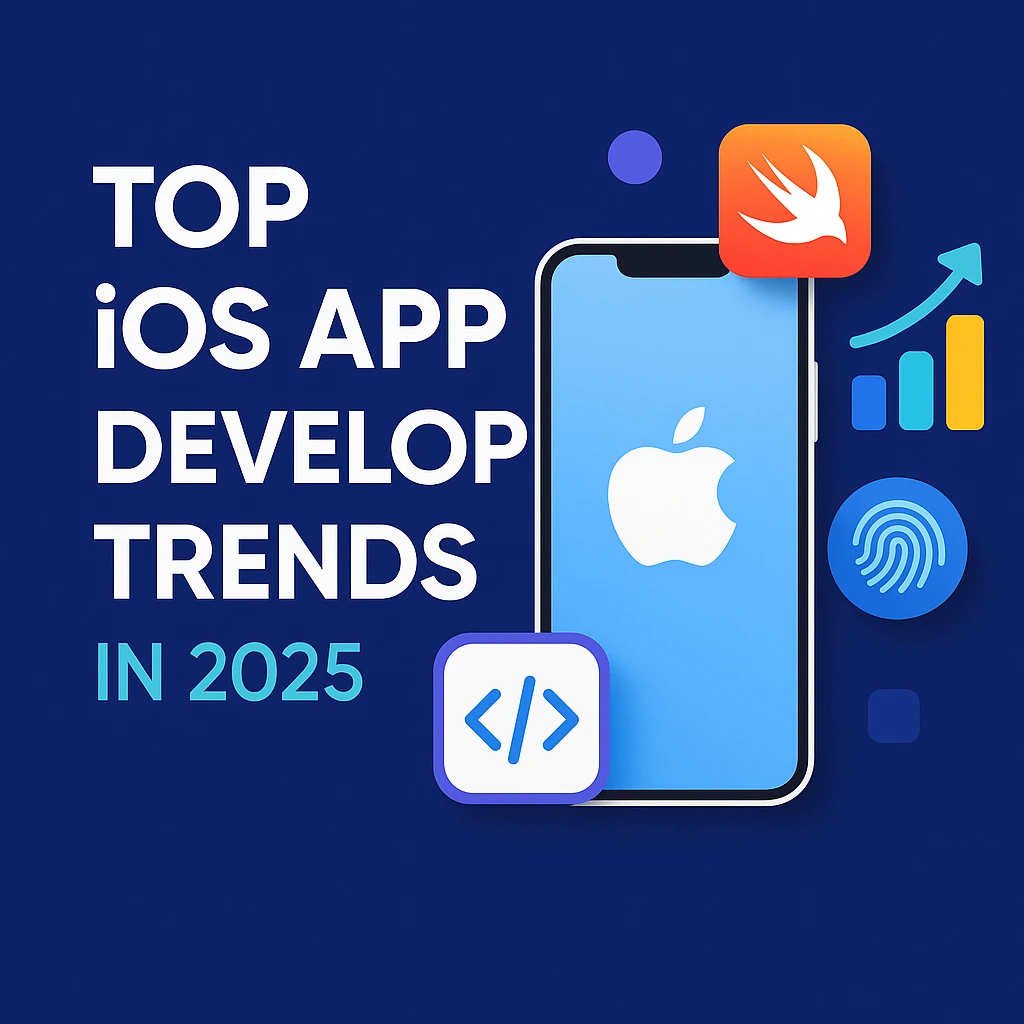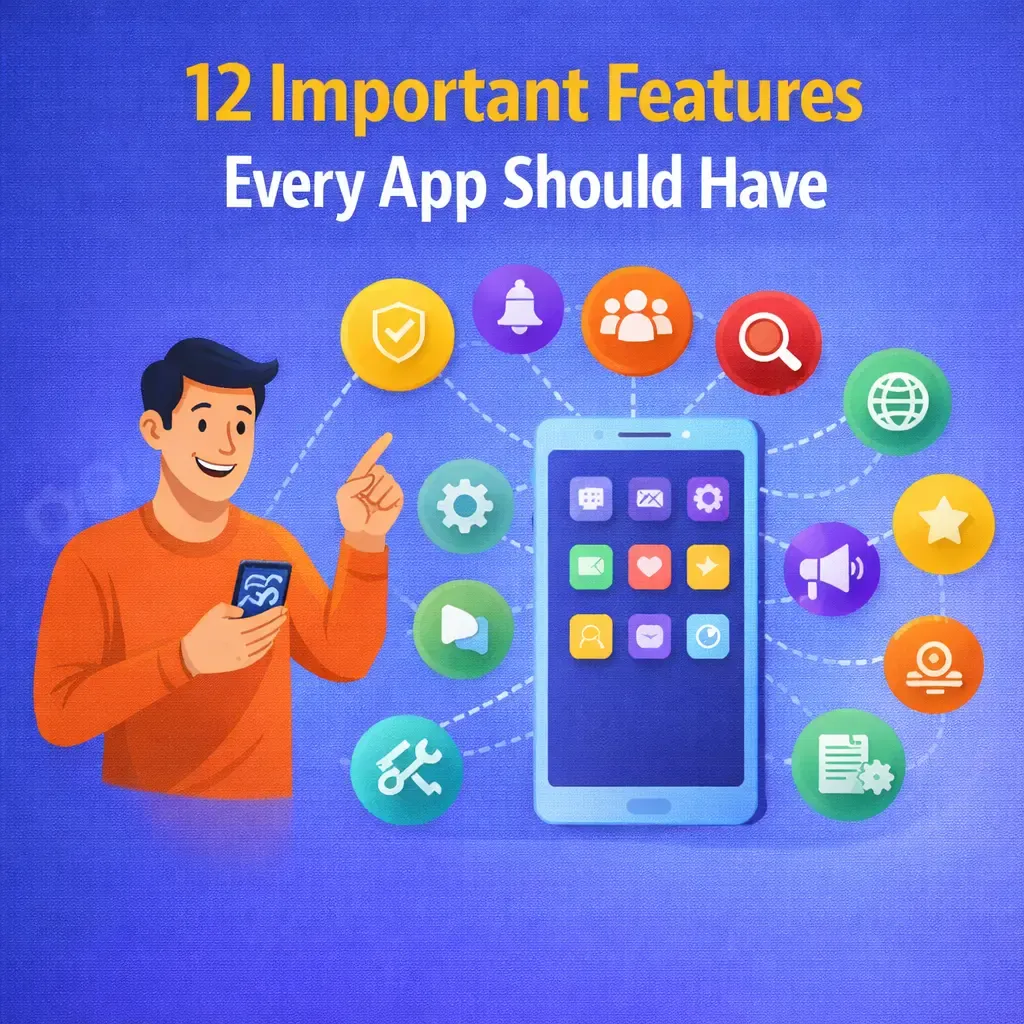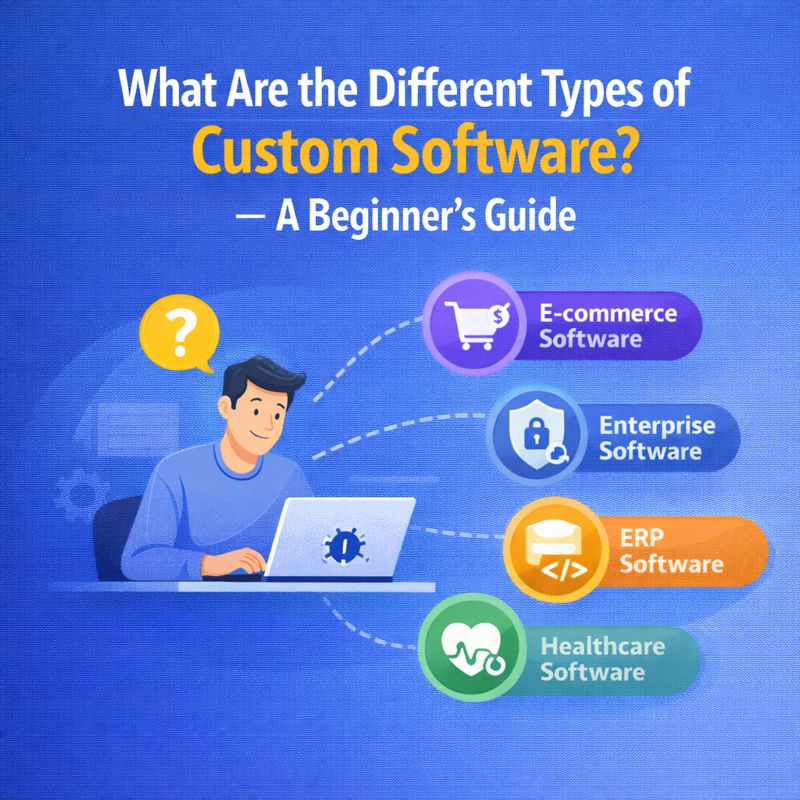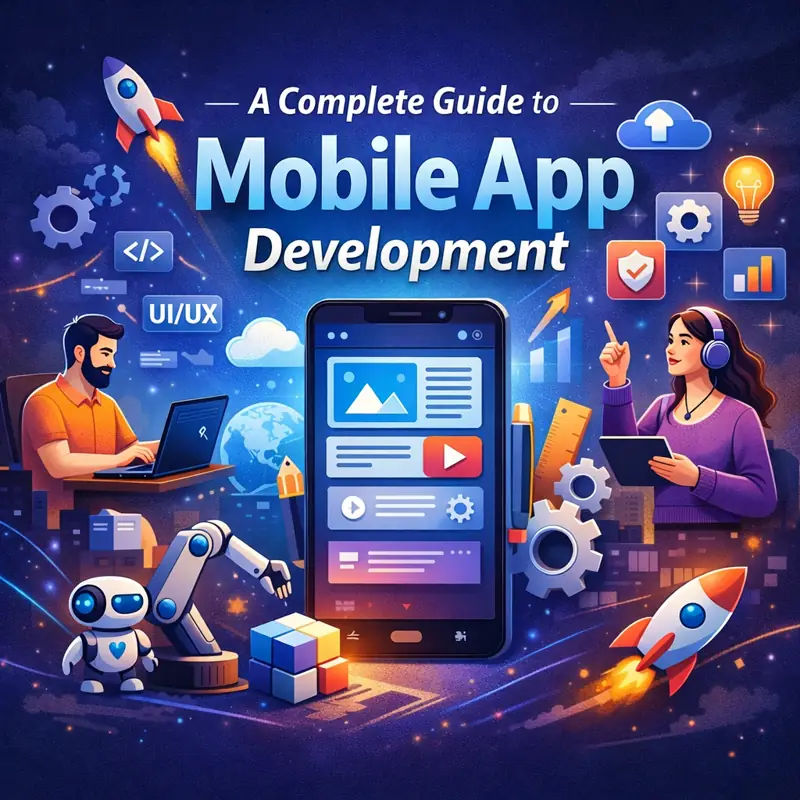iOS leads the premium smartphone market, and the App Store continues to grow. In Q2 2024, it generated nearly $25 billion through in-app purchases, subscriptions, and one-time payments, outpacing Google Play. Over the same year, the App Store ecosystem supported $1.3 trillion in billings and sales.
iPhones hold 56.63% of the US market as of November 2024, and worldwide more than 1 billion people actively use iOS apps. The App Store itself sees around 813 million weekly visitors. These figures show why iOS app development trends are so important to watch.
Why iOS app development trends matter: crucial for developers, Startups, businesses
For developers, Startups, and businesses, following iOS app development trends is about more than buzz. It is about staying relevant in the fast-changing mobile app market. Apple releases new features and tools quickly, and users expect apps to support them.
Falling behind can make an app feel old-fashioned? Staying current helps iOS developers gain a competitive advantage, meet user expectations, and make smarter decisions about design and features. In short, it is about survival and growth.
Blog Purpose: beginner-friendly guide to iOS app development trends
This blog is a beginner’s guide to iOS app development trends. It gives an easy-to-follow overview of the major shifts shaping how modern apps are built, so learners and developers can create future-proof apps that meet today’s standards.
Why Follow iOS app development Trends?
Keeping up with trends gives developers a competitive edge. It helps them build cleaner code, adopt Apple’s new tools early, and stand out in the market. It also improves user experience (UX). People want apps that feel modern, smooth, and easy to use. Developers who stay current deliver this more consistently.
Future proofing is another key reason. Apple’s direction shapes what lasts and what fades. Early adoption of SwiftUI, for example, let developers add features like widgets and Live Activities faster. Those who stuck to UIKit risked creating apps that felt dated. The same applies to AR/VR, which is already reshaping industries by boosting interactivity and opening new revenue channels.
Top 10 iOS App Development Trends (2025, Beginner-Friendly)
- AI & ML Integration
Artificial Intelligence (AI) and Machine Learning (ML) are making iOS apps more useful and personal. With Core ML and the Neural Engine, many tasks now run directly on the device.
Siri’s quick responses, shopping apps that recommend products and image recognition tools are examples students already know. On-device AI keeps apps fast and private while giving users tailored experiences.
- Augmented Reality (AR) & Virtual Reality (VR)
Augmented Reality (AR) & Virtual Reality (VR) turn apps into immersive tools. With ARKit and Apple Vision Pro, developers can blend digital content with the real world.
Examples include trying on clothes virtually, visualizing furniture at home, or playing AR games like Pokémon Go. These experiences are already popular in e-commerce, gaming, and healthcare.
- 5G Technology
The widespread rollout of 5G networks will drastically improve app speed, efficiency, and functionality. It offers a 10-x decrease in latency and can be up to 100 times faster than 4G. For apps, 5G technology means smoother video calls, real-time gaming without lag and better support for AR and VR streaming. It lets developers design apps with heavier features with enhanced performance.
- Wearables & Internet of Things (IoT) Integration
Wearables devices and Internet of Things (IoT) devices connect everyday life with iOS apps. Apple Watch tracks health data, while HomeKit links phones with smart homes.
Users can lock doors, adjust thermostats, or monitor heart rates directly from their devices. With billions of IoT devices expected by 2025, integration is only growing.
- Swift Evolution (Swift 6)
Swift 6, Apple’s latest iOS programming language release, makes code faster, safer, and more compatible across systems.
For students, it means writing apps with fewer errors and better performance. Swift’s improvements also make it useful beyond iPhones, reaching Macs, Apple Watch, and even server apps.
- SwiftUI Cross-Platform Development
SwiftUI paired with SwiftData allows one codebase for multiple Apple platforms. As a cross platform development, these apps adapt automatically across iOS, iPadOS, macOS, and visionOS.
This saves time and ensures apps look consistent across devices. For beginners, it is a simpler path to professional-grade results.
- On-Demand Apps
On-demand apps are now a staple of daily life; instant services like Uber or Airbnb connect people with what they need instantly.
From food delivery to tutoring, these service apps form a huge part of the economy. Developers who build in this space tap into convenience and growing user demand.
- Superior App Security & Privacy
App Security and data privacy are now core parts of iOS development. Apple’s Face ID, Touch ID, and App Tracking Transparency (ATT) give users more control over their data.
Developers must also follow laws like GDPR. Strong protections such as biometric authentication builds trust and is essential in areas like finance and healthcare.
- Cloud Computing Integration
Cloud computing keeps apps lighter and more efficient. With data stored on remote servers, apps run faster and synchronize easily across devices.
Examples include iCloud photo sharing or real-time collaboration in documents. For developers, cloud services provide scalable solutions, data storage and better app performance.
10. Voice Interfaces & Conversational AI
Voice is becoming a natural way to interact with apps in iOS app development. Siri and other voice recognition tools let users control apps hands-free.
From dictating notes to checking bank balances with voice commands, Chatbots, conversational AI improves accessibility and user flow.
Future of iOS Development
The future iOS apps will lean more on AI driven apps to create smarter and more personalized tools. AR and VR will expand with the Apple Vision Pro, bringing spatial computing into daily use.
At the same time, fintech apps and healthcare apps will see strong demand for secure, privacy-first solutions. With sensitive data at stake, developers will need to combine security with innovation to meet both user and market expectations. Partnering with Emedia Infosoft, the best iOS app development company in Gwalior, ensures you get future-ready apps that are both secure and scalable.



